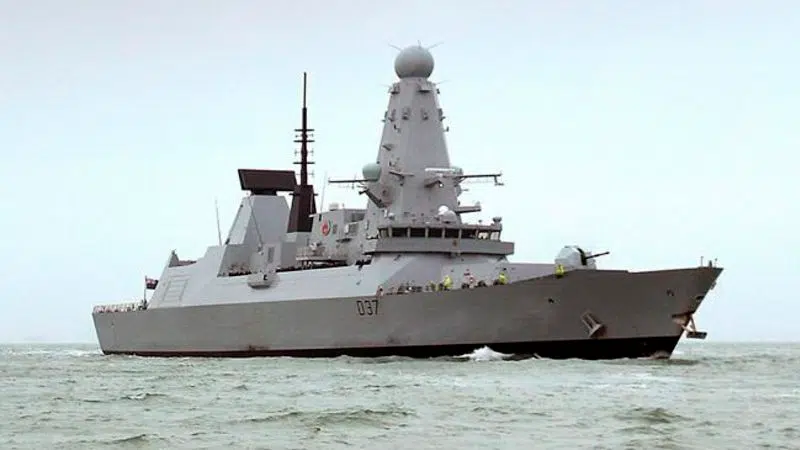
Iran state TV: Iranian forces seize foreign oil tanker, crew
DUBAI, United Arab Emirates — Iran said Thursday its Revolutionary Guard seized a foreign oil tanker and its crew of 12 for smuggling fuel out of the country, and hours later released video showing the vessel to be a United Arab Emirates-based ship that had vanished in Iranian waters over the weekend.
The announcement solved one mystery — the fate of the missing ship — but raised a host of other questions and heightened worries about the free flow of traffic in the Strait of Hormuz, one of the world’s most critical petroleum shipping routes. One-fifth of global crude exports passes through the strait.
The incident happened with tensions running high between Iran and the United States over President Donald Trump’s decision to pull the U.S. out of the Iran nuclear deal.
Iranian state television did not at first identify the seized vessel but said it was intercepted on Sunday and was involved in smuggling some 1 million litres (264,000 gallons) of Iranian fuel. Iran did not identify the nationalities of the crew.


